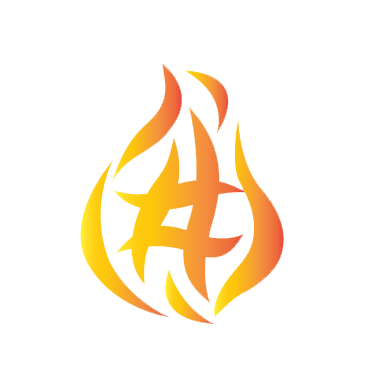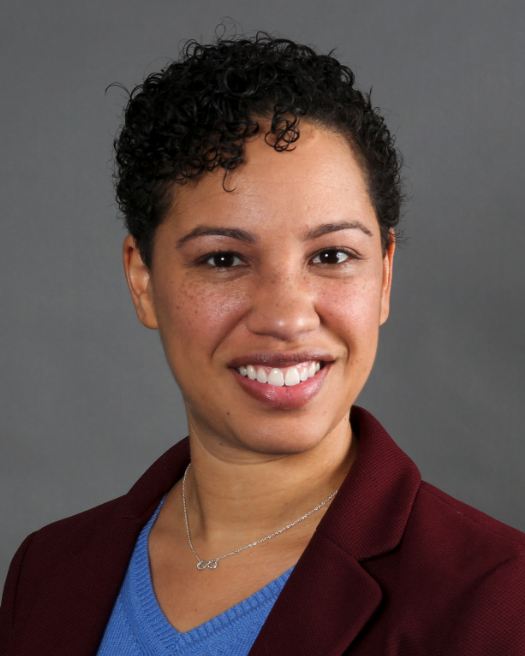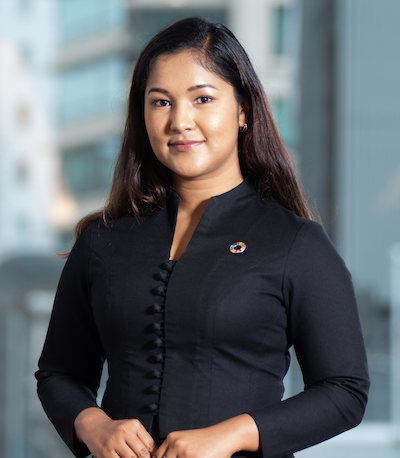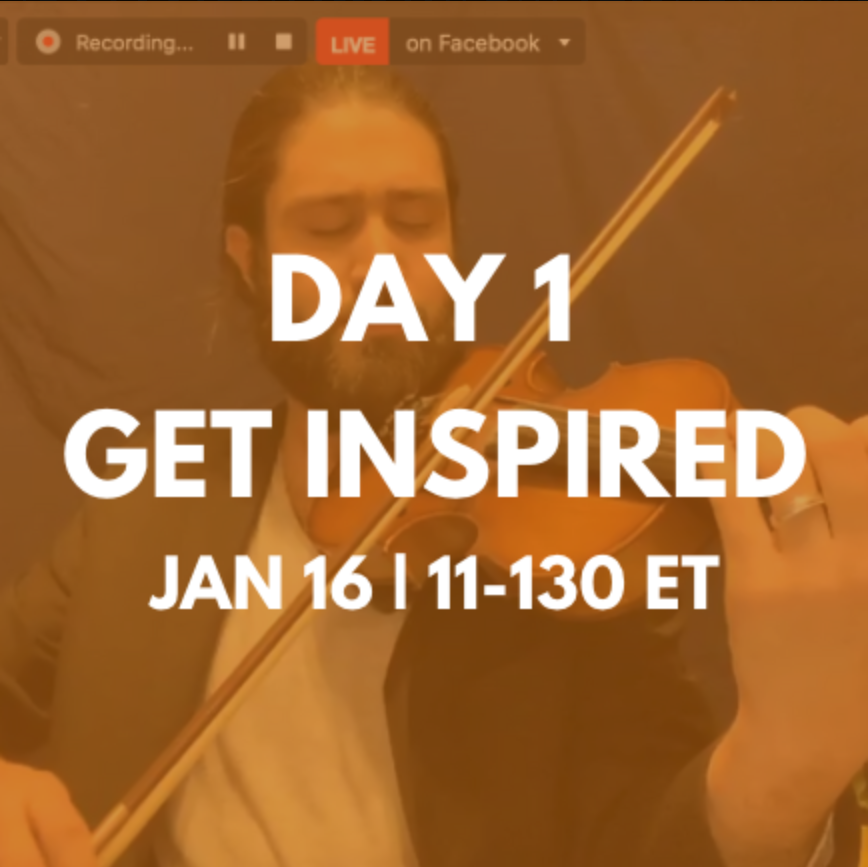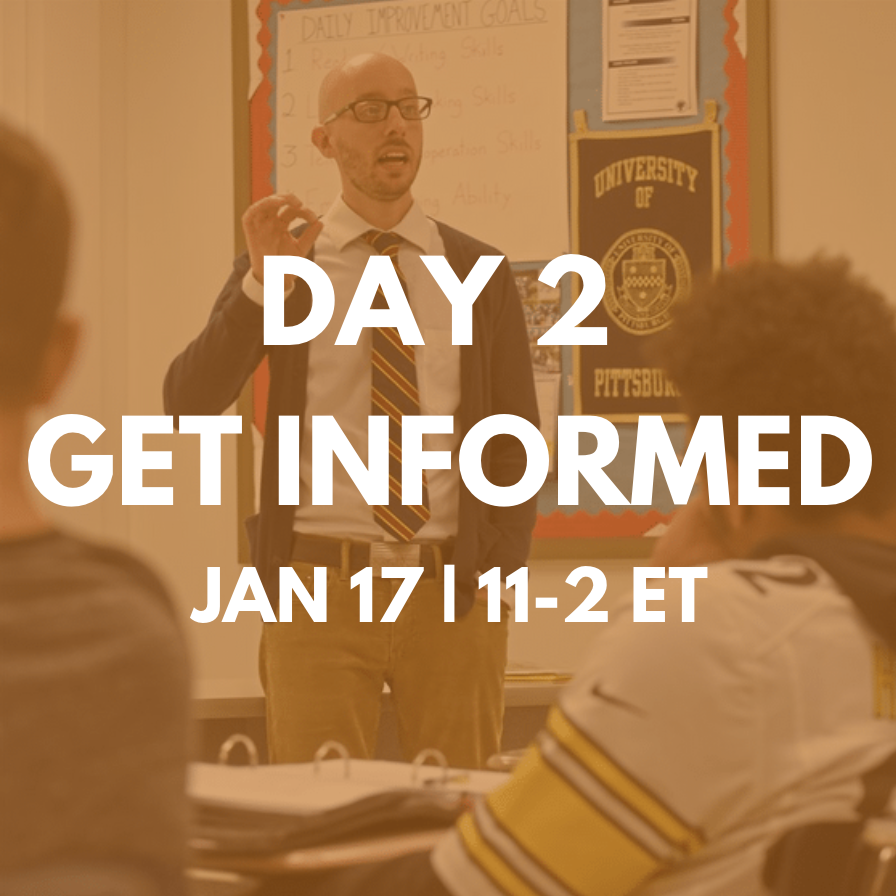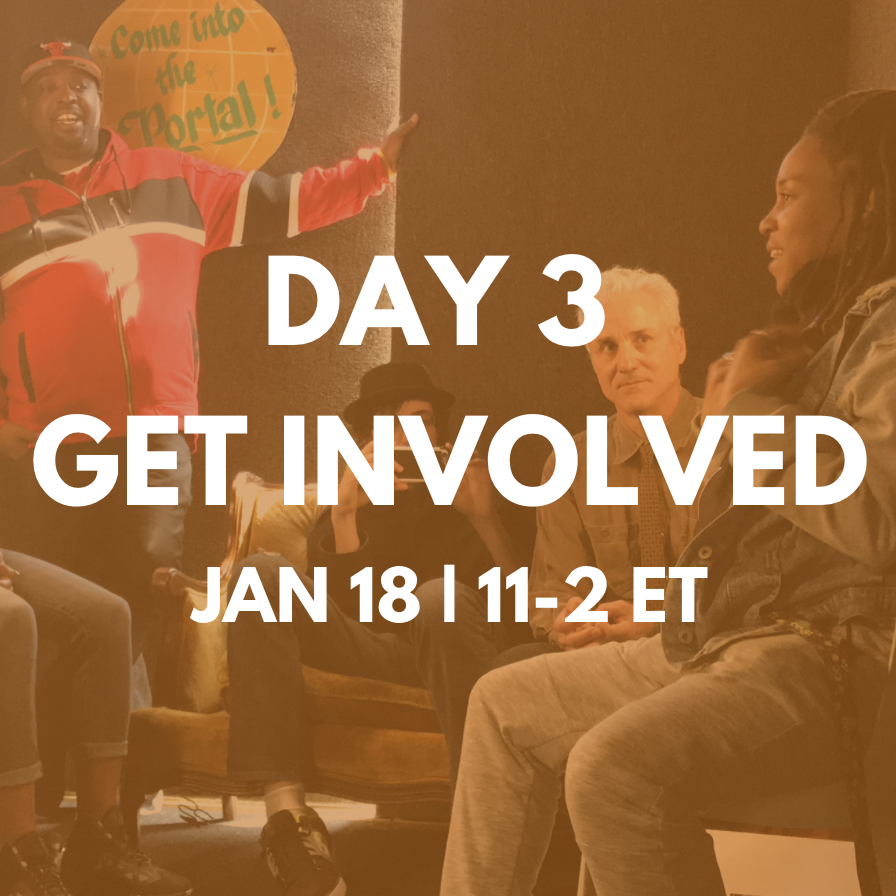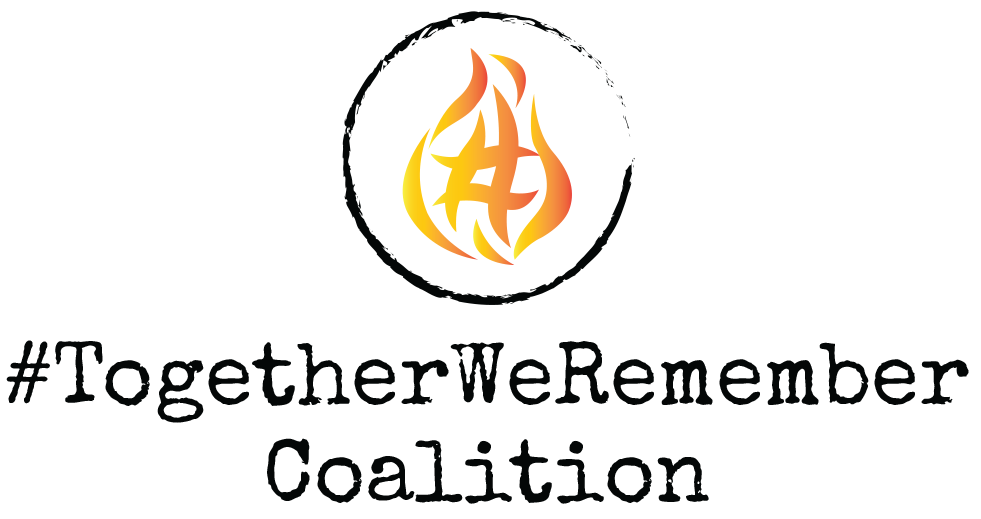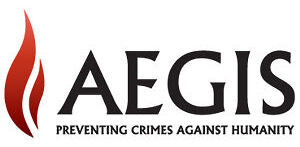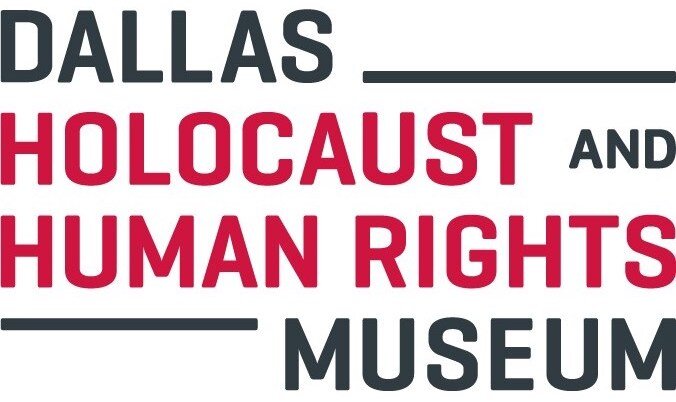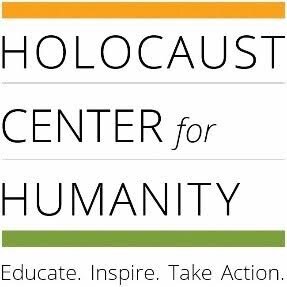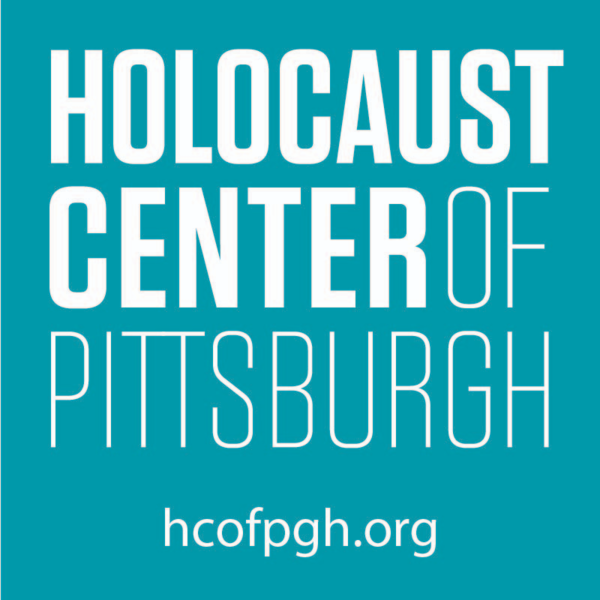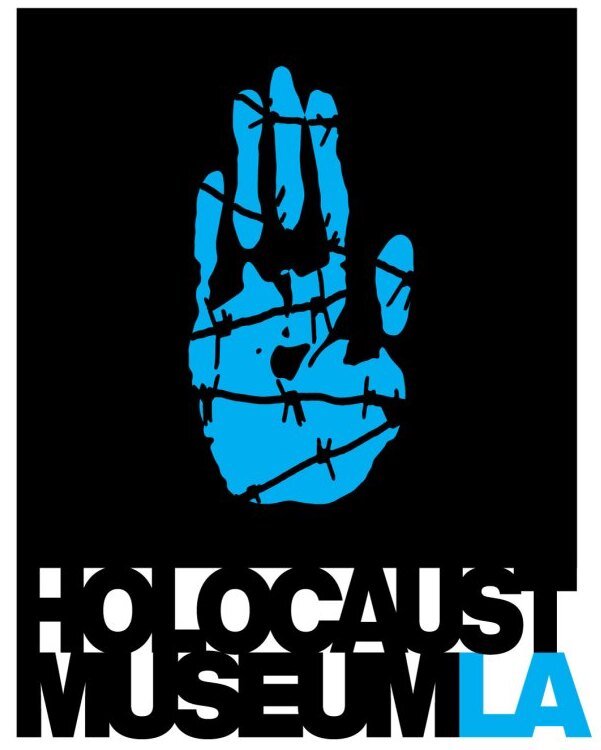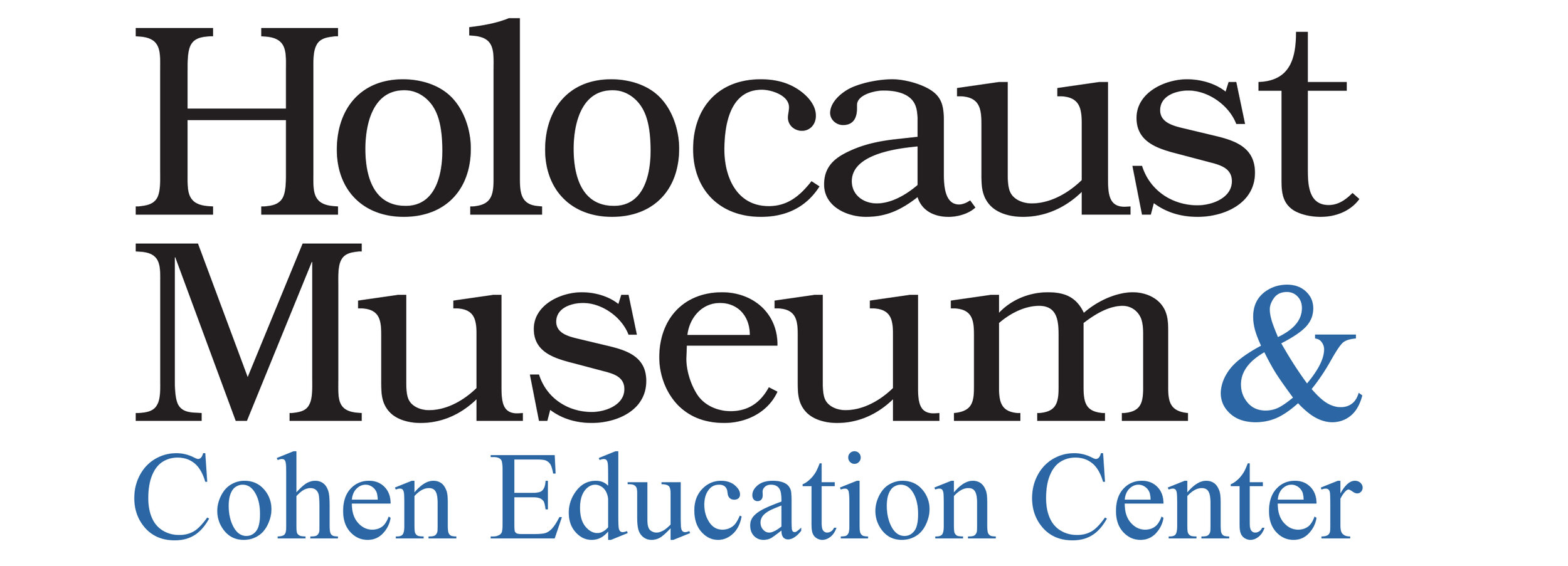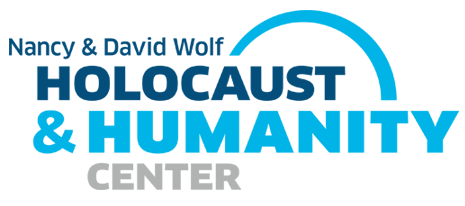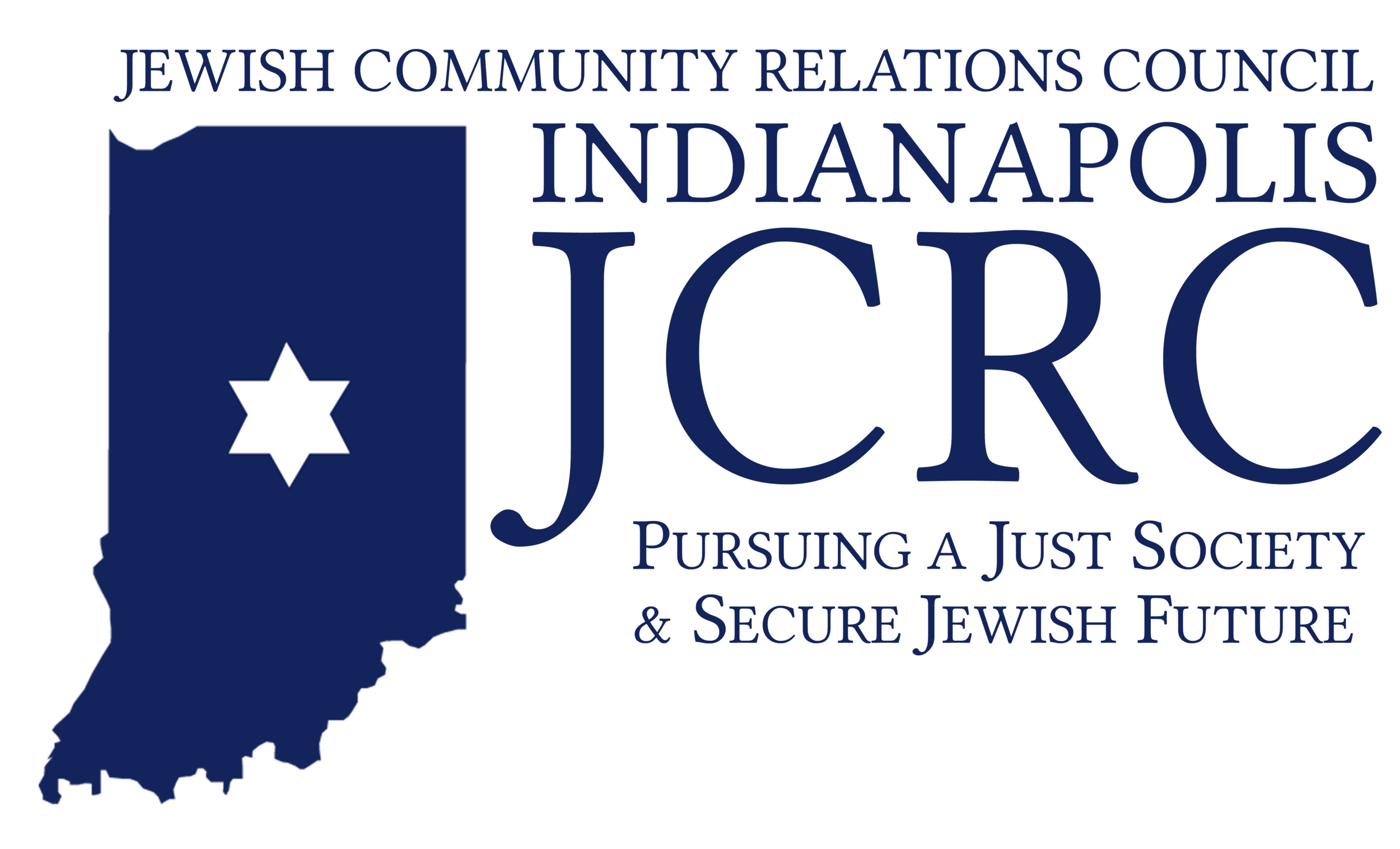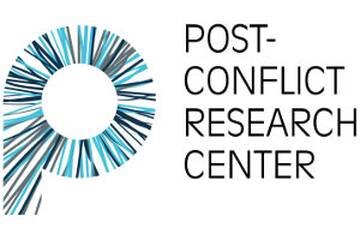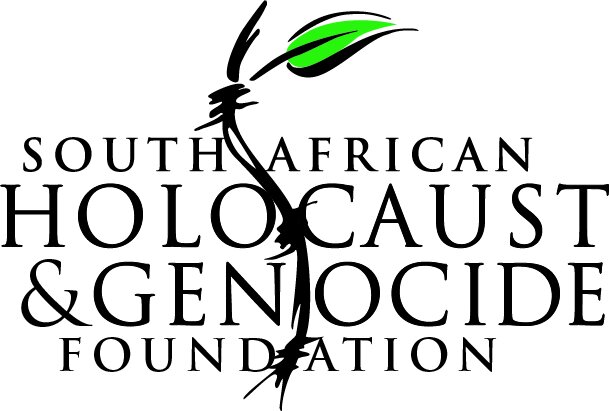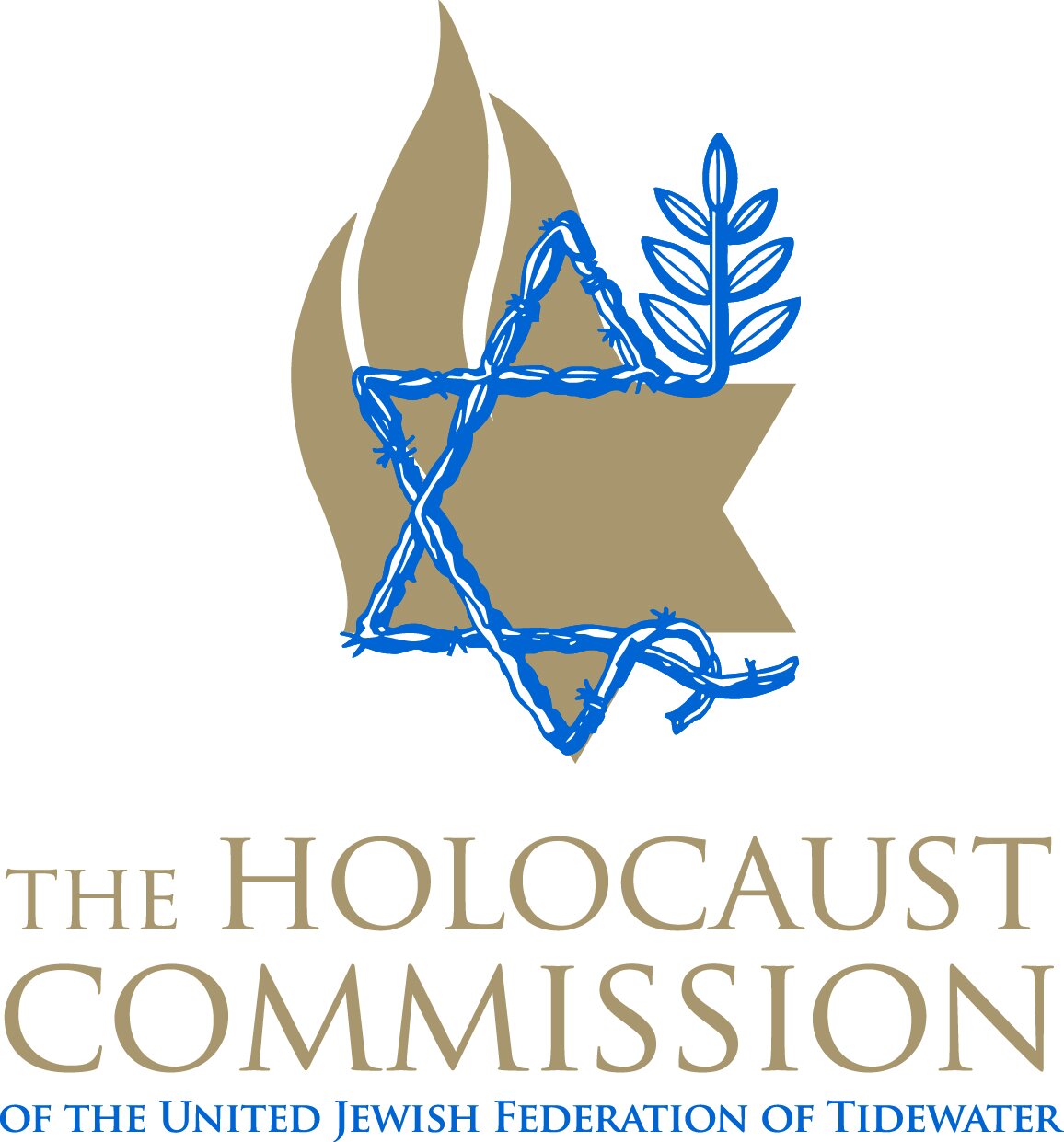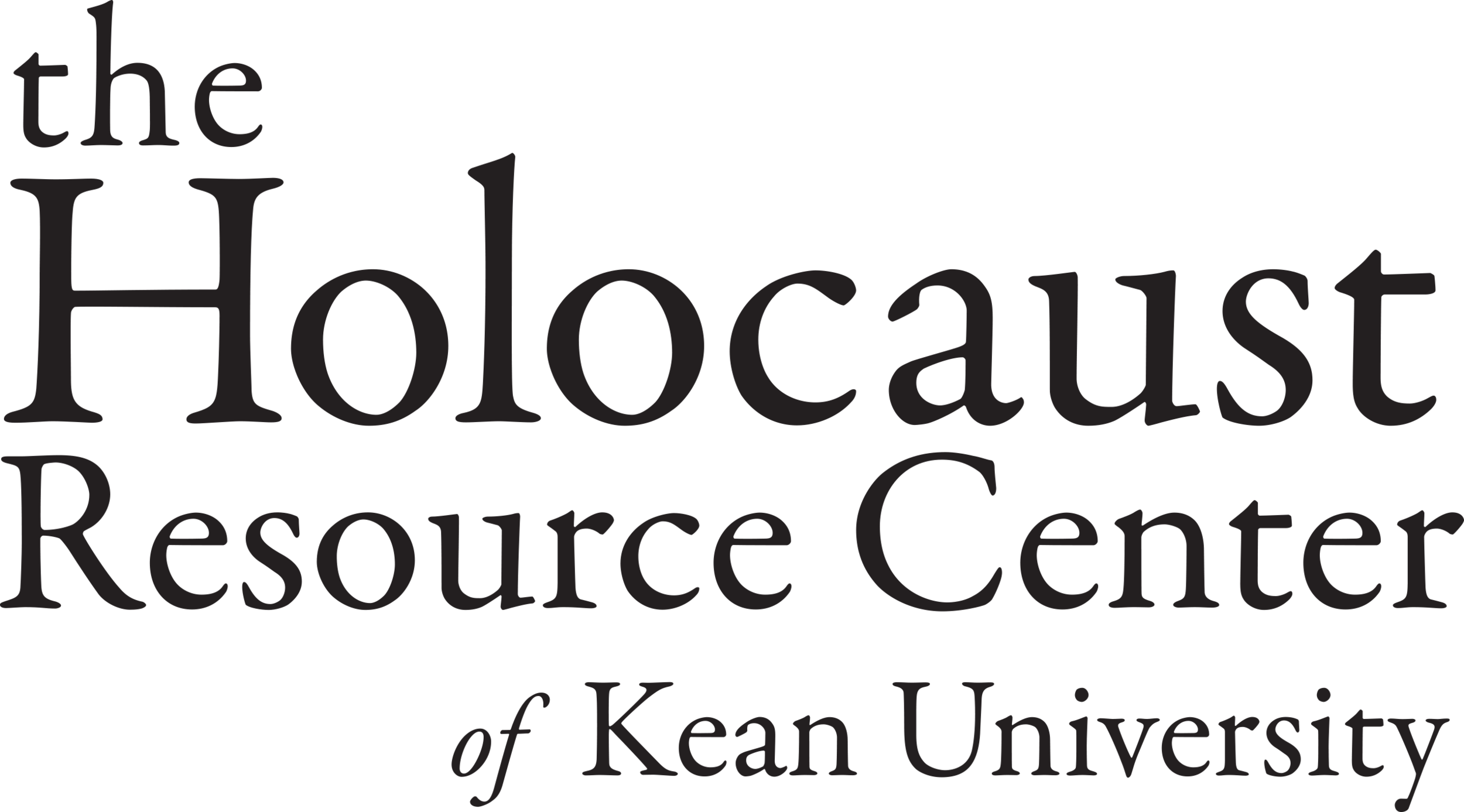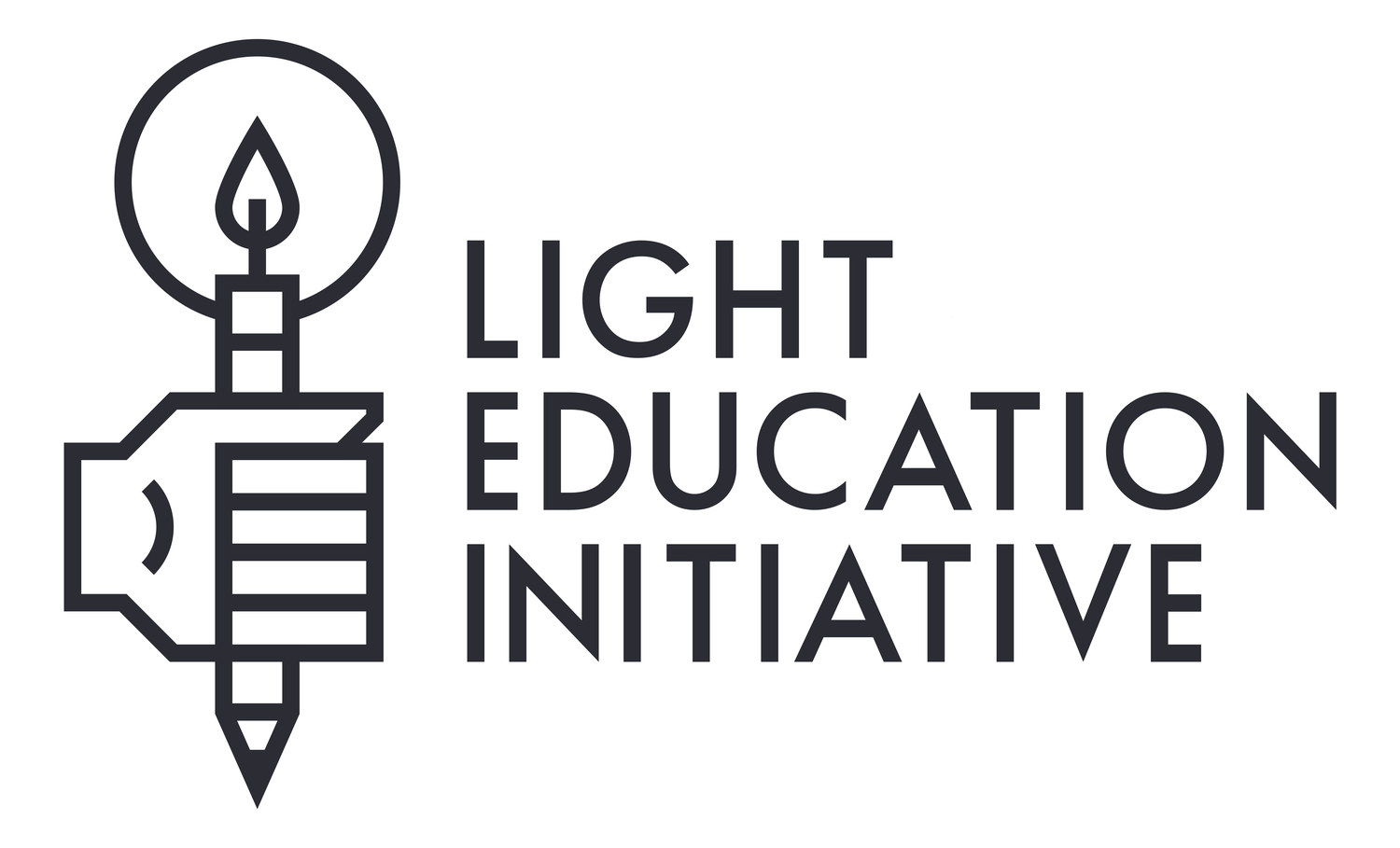The Virtual Global Allyship Summit was an unprecedented gathering on Martin Luther King Jr. Weekend 2021 to equip diverse changemakers with the knowledge, skills, and relationships they need to foster social resilience in a time of acute social conflict. It was innovative in its interdisciplinary and intergenerational approach, combining elements of a scholarly forum, arts festival, and grassroots action bootcamp in an all-digital format.
We emerged from the summit with concrete plans to collaborate on social action projects rooted in collective memory that culminate in TWR’s annual Genocide Awareness Month campaign in April 2021. Through this process, participants are forming mutual support networks that will make their institutions and communities more resilient and responsive to antisemitism, racism, xenophobia, and other forms of violent extremism.
If you missed the summit or want to relive the magic of this experience, you can find video recordings of most sessions below!
WHO WERE OUR SPEAKERS AND FACILITATORS?
We had an INCREDIBLE lineup of changemakers and thought leaders who opened hearts and minds. Get to know our speakers by clicking on their photos below.
What was on OUR agenda?
We carefully curated an unforgettable three-day experience that was unlike any other summit experience we have had to date. You can find all the session videos and descriptions below.
TRIGGER WARNING: Most of the stories shared by our speakers explore sensitive and graphic subject matter related to identity-based violence. Viewer discretion is advised, especially if working with students.
DAY 1 | GET INSPIRED | JAN 16 | 11:00AM - 1:30PM ET (GMT-5)
**10:50a - 11:01a ET | OPTIONAL | OPENING CEREMONY: NAME READING VGIL LED BY TWR’S YOUTH ACTION FELLOWS**
As delegates arrive, TWR’s Youth Action Fellows will read the names of victims of identity-based violence throughout history as well as the names of upstanders who fought against it. We choose to invoke memory in this sacred way to remember the impact of humanity at its worst and the potential of humanity at its best.
11:01a - 11:08a ET | WELCOME BY SUMMIT HOSTS AND SPONSORS
David Fox-Estrin and Kiel Majewski (Together We Remember), Christina Tobias-Nahi (Islamic Relief USA), and Lauren Bairnsfather (Holocaust Center of Pittsburgh) will set this stage for our three-day virtual journey together.
11:08a - 12:00p ET | FEATURED STORIES AND PERFORMANCES
Tôni Ali Wawiziakw: Understanding Where You Are | Mali Obomsawin
Wherever we fight for justice, we must understand the land we stand upon and our relation to her. Wabanaki peoples were born of this land, chuwabanakiak, and this land remembers millennia of Indigenous care and relationship with her. Our word for the soil, tupqan, is “the one that contains everything,” holding all life and death and all of earth’s memory. Mali Obomsawin will be discussing the importance of Indigenous perspectives and leadership in justice work and sharing an original song that speaks to these issues.
MindLeaps: Resiliency & Renewal Through Creativity in Rwanda | Rebecca Davis, Bashir Karenzi, and the Youth of Mindleaps
Connecting from New York, MindLeaps’ Founder Rebecca Davis will share how the arts can spark conversation and build resiliency in communities that have historically been in conflict. Program Director Bashir Karenzi will share stories of transformation of MindLeaps youth in Kigali, Rwanda. Then, MindLeaps children will dance LIVE, demonstrating their ability to leap forward in life.
From Aleppo to America: The Ongoing Struggle for a Free and Peaceful Syria | Ahed Festuk
Ahed Festuk, an activist from Aleppo, Syria, was one of Syria's pioneer women demonstrators. When the war erupted, she worked as a paramedic on the frontlines, and remained in Aleppo's rebel-held side until late November 2015. Ahed will share her story and ongoing advocacy work for her people and her homeland.
The Parents Circle: Stories of Loss and Transformation | Robi Damelin and Layla Alsheikh
Bereaved Israeli and Paletinian mothers Robi Damelin and Layla Alsheikh will share how and why they honor the memory of their children by choosing reconciliation and nonviolence over hatred and revenge. Their stories and work with the Parents Circle Family Forum offer a glimpse of hope where most may least expect to find it.
Standing with Asylum Seekers in the Time of Trump | Yolanda Leyva
During the four-year-long Trump administration, the government carried out increasingly brutal policies. From caging families in ice-hold holding cells to the Migrant Protection Protocols that forced migrants to wait in Mexico for their court dates, migrants faced new suffering and trauma. This presentation examines the work of the UTEP Institute of Oral History and Museo Urbano in documenting the stories of migrants to foster justice for them.
12:00p - 12:05p ET | SHORT BREAK
We will break for a few minutes to stretch.
12:05a - 12:50p ET | FEATURED STORIES AND PERFORMANCES
Confronting Collective Complicity: The Uyghur Genocide Creeps Close to Home | Rushan Abbas
A few short years ago, most people had never heard of the Uyghur people. But as awareness of the genocide they are facing under the Chinese regime builds, most remain unaware of Western complicity in these genocidal crimes. This presentation will aim to lay out the reasons for the genocide, and the ways the international community must respond collectively.
Justice for the Rohingya | Wai Wai Nu
Wai Wai Nu will share how she emerged from seven years as a political prisoner in Burma to work for democracy and human rights, particularly on behalf of marginalized women and members of her ethnic group, the Rohingya.
Building a Different Tomorrow: The Story of Shannon Foley Martinez | Shannon Foley Martinez
Former neo-Nazi Shannon Foley Martinez shares how she fell into a movement mired in hate and found her way out. Now, she is one of the world’s leading experts on helping people disengage from extremism.
The Antiracist: Stories and Poetry from the Trenches of Baltimore | Kondwani Fidel
Kondwani Fidel has used the power of storytelling to advocate for education reform and civil rights all over the world. Through his words and his voice, we will better understand the meaning of “never again” in Baltimore and other cities plagued by systemic racism across America.
12:50p - 1:22p ET | KNOWING WHERE WE ARE GOING THROUGH WHERE WE HAVE BEEN: AN EXERCISE IN REFLECTION & VISIONING FOR THE FUTURE | SADIA HAMEED
Join global peacebuilding expert Sadia Hameed for a reflective and restorative meditation exercise that will help us process this moment in history from a new perspective.
1:22p - 1:30p ET | CLOSING REMARKS BY SUMMIT HOSTS AND POEM BY TWR’S YOUTH ACTION FELLOWS
Summit hosts will share key takeaways from the day and what delegates can expect in the coming days. TWR’s Youth Action Fellows will close day one with a powerful poem that they co-authored in honor of this occasion.
**1:35p - 2:05p ET | OPTIONAL OPPORTUNITY LAB | PARALLELS AND PITFALLS: DRAWING PAST AND PRESENT COMPARISONS TO THE HOLOCAUST | PEER DISCUSSION FACILITATED BY TWR COALITION MEMBERS**
“Never Again” remains ensconced within Holocaust education. Yet attempts to use Holocaust history to make sense of other crises, however well-intentioned, frequently come up against a fervent doctrine of exceptionalism. The past can inform our understanding of the present in both direct and indirect ways, and to be sure, we need to avoid facile comparisons made to shock rather than enlighten. At the same time, some would facilely dismiss out of hand any comparison as a facile one. To draw more informed comparisons, this Opportunity Lab will first identify some potential pitfalls comparisons to Holocaust history can encounter. We then will discuss ways we might distinguish between well-informed comparisons, and deplorable ones. This discussion will be hosted by members of the TWR Coalition, including several leaders of Holocaust museums and academic centers across the globe.
DAY 2 | GET INFORMED | JAN 17 | 11:00AM - 2:00PM ET (GMT-5)
**10:40a - 11:00a ET | OPTIONAL MEDITATION SESSION | MEET YOUR BEST ALLY: YOUR BREATH | MANDAR APTE**
Join us for a grounding, healing, and energizing meditation with Mandar Apte, founder of Cities4Peace and a student of the renowned spiritual leader, Sri Sri Ravi Shankar (Founder, Art of Living Foundation). Through his work with Cities4Peace, Mandar leads action-oriented workshops with communities that have experienced profound trauma and empower them to turn their trauma into positive social change using the same nonviolence principles that were used by Mahatma Gandhi and Dr. Martin Luther King Jr. In this session, Mandar will facilitate a guided meditation and welcome a brief dialogue with participants that will shed light on his work and how to incorporate best practices for fostering non-violence and peace in your daily life and community.
11:00a - 11:05a ET | WELCOME BY SUMMIT HOSTS
David Fox-Estrin and Kiel Majewski (Together We Remember) will set the stage for Day 2 of the summit.
11:05a - 12:05p ET | PLENARY CORE CURRICULUM SESSIONS
Solidarity for Impact | Naomi Kikoler
This session will provide an overview of ongoing and emerging conflicts across the world that our community should be aware of as we consider opportunities to turn remembrance into action. Naomi will also share her perspective on how far the movement to end identity-based violence has come and ways we might help it evolve to have greater impact towards our ultimate goal.
Transforming Societies through Memory Activism | Kerry Whigham
Around the world and in the aftermath of large-scale violence, ordinary people have engaged the tools of memory activism to foreground the past in the present in an effort to transform their society's future. This presentation will examine some of the tools these activists have engaged to promote truth and justice through memory.
Incorporating Restorative Principles and Practices Towards Equity and Healing | Shantay McKinily
How might we as human rights and collective memory activists incorporate restorative principles and practices into our social justice work towards equity and healing? In this session, Shantay McKinily will bring the wisdom of her experience with the Positive Schools Center and other community organizations in Baltimore, Maryland to help provide a foundational understanding of restorative approaches, including examples of their application in the schools and organizations. She will also share some pitfalls to avoid and best practices to keep in mind along the way.
12:05P - 12:20p ET | DEBRIEF DISCUSSIONS IN BRAINTRUSTS
Delegates will reconnect in their Braintrust groups via breakout rooms to reflect on, discuss, and integrate the insights shared by our core curriculum speakers.
12:20p - 12:35p ET | BREAK AND OPTIONAL GLOBAL CAFE NETWORKING
Delegates have the opportunity to stretch and freshen up and/or join themed breakout rooms for intentional networking with other delegates.
12:35p - 12:55p ET | CONCURRENT ELECTIVE SESSIONS | ROUND 1
Delegates will receive instructions for accessing breakout rooms for elective sessions.
ROOM 1 | Addressing the Elephant in the Room: The Israel Palestine Conflict and the Art of Making Sense of the "Other" | Abdullah Antepli
The I/P conflict is often an elephant in the room and a huge landmine for many social justice activists and professionals. Most reconciliation and interfaith efforts intentionally avoid the topic. Imam Antepli disagrees with this approach and argues that it is a moral imperative to put this seemingly untouchable topic on the table and offers potential ways forward.
ROOM 2 | Let there Be LIGHT: The Future of Holocaust and Human Rights Education | Nick Haberman
Through the LIGHT Education Initiative, educators have the power to inspire, prepare, and empower students for leadership roles in Holocaust, genocide, and human rights education, remembrance, and advocacy. This presentation will introduce educators to this innovative, incentive-based approach.
ROOM 3 | Tools and Practices to Build Community Resilience to Identity-based Violence | Rachel Brown
As our democracy in the U.S. and others worldwide confront political violence, we must remember that we have both responsibility and agency to act. Rachel and her team at Over Zero have developed recommendations for concrete and meaningful actions that community leaders can take immediately and incorporate into strategies for Genocide Awareness Month in April 2021.
12:55p - 1:15p ET | CONCURRENT ELECTIVE SESSIONS | ROUND 2
Delegates will receive instructions for accessing breakout rooms for elective sessions.
ROOM 1 | Anne Frank's Contemporary Legacy: A History for Today | Aaron Peterer
In his session Aaron will tell us how he became involved with the educational activities of the Anne Frank House and how this work impacted his life. In local peer-led initiatives students become instruments of change as they identify and stand up against current forms of discrimination, exclusion and racism in their community. He will share experiences from his encounters with students and teachers in Asia, Africa and the Americas and how the story of a young girl and her diary became life changing experiences for student peer-guides of the Anne Frank traveling exhibition "Anne Frank - A History for Today".
ROOM 2 | Continuing the Journey: Leveraging Our Individual Strengths to Overcome Collective Barriers | Dina Bailey
While everyone is on their own unique journey toward liberation and healing, we can also positively leverage collective memory and action to achieve truth-telling and racial justice. This presentation will discuss a few barriers to effective movements and key ways that we can become more resilient and effective memory activists.
ROOM 3 | The Role of Culture in Building Tolerant Societies | Peter Mousaferiadis
In this session, Peter Mousaferiadis will share how his family’s experience in the Greek-Armenian Genocide informed his life’s work - building intercultural understanding as a core value and key competency of what it means to be a peacebuilding activist and global citizen today. He will also share how his organization, Cultural Infusion, leverages technology to achieve this goal, specifically with a platform called the Diversity Atlas.
1:15p - 1:35p ET | CONCURRENT ELECTIVE SESSIONS | ROUND 3
Delegates will receive instructions for accessing breakout rooms for elective sessions.
ROOM 1 | Dangerous Speech: A Framework for Recognizing and Countering It | Cathy Buerger
This talk will outline the framework for identifying Dangerous Speech - any form of expression that can increase the risk that its audience will condone or commit violence against members of another group. Then, drawing on recent research conducted by the Dangerous Speech Project, Cathy will discuss various ways to respond to hateful and dangerous speech that may help diminish its harmful effects.
ROOM 2 | Truth & Reconciliation through Experiential Education | Sigall Horovitz
Participants involved in identity-based conflicts can benefit from studying the experiences of a post-conflict country that successfully applied historical dialogue, transitional justice, and other reconciliation approaches. Such comparative learning can be especially successful when done through traveling to the post-conflict country to actually experience its reconciliation approaches, as the geographical distance also creates a psychological distance between the participants and their own conflict, thus lowering their resistance to critically discussing their past. This “comparative” and “experiential” approach was applied by the author in study trips to Rwanda and South Africa which she organized for Israeli and Palestinian students between 2010 and 2015. She will discuss those study trips and the impact they had on the students.
ROOM 3 | Confronting the Past: the need to make connections between the histories of South Africa, Rwanda, and the Holocaust | Mdu Ntuli
The Johannesburg Holocaust & Genocide Centre engages with youth and adults through education, dialogue and lessons for humanity, focusing on learning from the Holocaust, the 1994 Genocide in Rwanda and South Africa’s painful history. Mdu will challenge us to make connections between genocide, crimes against humanity and human rights, to deepen our sense of identity and warn of the dangers of indifference, apathy and silence, and encourage us to be an active voice against instances of hate speech and related human rights violations everywhere.
1:35p - 1:55p ET | PEER CIRCLES IN BREAKOUT ROOMS
Delegates will break out into peer groups (e.g. students, teachers, expert practitioners, etc.) to discuss ongoing challenges and emerging innovations in this moment of global crisis and how they might collaborate to accelerate progress. This discussion will inform our Day of Action on the final day of the summit.
1:55p - 2:00p ET | CLOSING REMARKS
Summit hosts will share key takeaways from Day 2 and what delegates can expect on Day 3.
DAY 3 | GET INVOLVED | JAN 18 | 11:00AM - 1:30PM ET (GMT-5)
**10:40a - 11:00a ET | OPTIONAL MEDITATION SESSION | MEET YOUR BEST ALLY: YOUR BREATH | MANDAR APTE**
Building on the previous day's session, Mandar Apte will delve deeper into the role that a consistent mindfulness practice can play in unleashing our full leadership potential. We will learn, connect, and most importantly, breathe into a powerful, action-oriented closing day of the Summit.
11:00a - 11:05a ET | WELCOME BY SUMMIT HOSTS
David Fox-Estrin and Kiel Majewski (Together We Remember) will set the stage for Day 3 of the summit.
11:05a - 11:25a ET | INTRODUCTION TO GENOCIDE AWARENESS MONTH CAMPAIGN AND IGNITION GRANTS | DAVID FOX-ESTRIN
We will share the story behind Genocide Awareness Month and why we believe it offers us the best chance we have to turn defense into offense in the fight against hate worldwide for generations to come. We will cover TWR’s “Memory to Action” Framework, success stories from April 2020, key design elements for April 2021, and how delegates can apply for funding to resource the ideas they generate today.
11:25a - 12:25p | FEATURED OPPORTUNITY LAB: CO-CREATING A CAMPAIGN TO UNITE THE FIGHT AGAINST HATE WORLDWIDE
How might we turn collective memory into collective action to counter hate locally and globally via our Genocide Awareness Month campaign in April 2021? Join us for an unprecedented community-wide design-sprint that sparks the imagination, reveals meaningful opportunities for collaboration, and elevates everyone’s work.
12:25p - 12:35p ET | BREAK AND OPTIONAL GLOBAL CAFE NETWORKING
Delegates have the opportunity to stretch and freshen up and/or join themed breakout rooms for intentional networking with other delegates.
12:35p - 12:40p ET | EXPLORING THE “WE” IN TOGETHER WE REMEMBER WITH THE DIVERSITY ATLAS | PETER MOUSAFERIADIS
Cultural Infusion’s Peter Mousaferiadis will reveal the results of our community-wide survey captured by the Diversity Atlas, which will help us understand and appreciate the diversity of our movement and recommit to equity and inclusion in the work that we do.
12:40p - 1:30p | MOVING FROM IDEAS TO ACTION: CHARTING OUR PATH FORWARD
After three days together, we will reflect on and evaluate the variety of ideas generated for collaboration at the local, national, and global levels. We will crystalize individual, institutional, and collective actions plans and set those plans in motion with the solidarity and support of an expanded global community of peers.
1:30p - 2:00p ET | CLOSING CEREMONY: THE FUTURE OF OUR PAST
Join TWR’s Youth Action Fellows for a concluding remembrance experience involving art, multi-media, and dialogue. Together we will ignite the TWR flame across the globe, a flame that will burn brighter with each passing day that we collaborate across lines of difference. By remembering humanity at its worst, we will demonstrate what humanity can be at its best, and take a collective step towards making “never again” a reality, once and for all.
who Was there?
The summit was not be open to the general public. Our goal was to convene the activators who are critical to catalyzing social resilience and restorative justice across the world. This includes scholars, educators, museum professionals, expert practitioners, frontline activists, funders, and student leaders. Attendees were proven or emerging leaders with diverse skill-sets, backgrounds, and experiences who are united in the belief that remembrance of the past can be a powerful force for peace in the present.
who hosted?
Thanks to the generous support of Islamic Relief USA, we were able to host this timely summit and offer admission at a highly subsidized rate. The summit was a program of the Together We Remember Coalition, a global network of eighteen Holocaust, Genocide, and Human Rights museum centers that collaborate year-round to amplify our collective impact in the fight against identity-based violence. Together, we reach millions of students, educators, community members, law-enforcement, and civic leaders around the world, which means our collaborative efforts at the summit have the potential for profound impact.
What DID we ACCOMPLISH?
CONNECTION: Built a diverse community of support and accountability among colleagues across institutions and communities to counter identity-based violence through the lens of collective memory.
INSPIRATION: Clarified, deepened, and sustained motivations for engaging in the difficult work of truth and reconciliation. Build the personal and institutional will to collaborate.
KNOWLEDGE: Established a shared understanding of the traumatic history that has brought us to this moment and enhance individual and institutional capacity to turn remembrance into action in an effective way with reliable tools and processes.
AWARENESS: Identified emerging issues, trends, and initiatives in the field and specific opportunities to collaborate in ways that transcend silos across borders, disciplines, generations, and identities.
ACTION: Developed personal and institutional action plans to turn collective memory into collective action and set those plans in motion with the solidarity and support of a community of peers.
How DID we accomplish our goals?
PART-TIME COMMITMENT: 2-3 hours of live engagement per day over 3 days rather than full-length days of content consumption. The summit was a restorative respite from demanding day-to-day commitments, but still allowed for busy schedules to be tended to - from school work to childcare.
SMALL DOSES OF HIGH QUALITY CONTENT: No session exceeded 1 hour and most were divided into segments of 10 to 15 minutes centered on a “big idea” to keep everyone’s attention and encourage rapid integration of insights.
HIGH INTERACTION AND COMMUNITY BUILDING: A substantial portion of each day’s programming involved networking, reflection, and discussion. Delegates left with a broader and deeper network of colleagues who can support them and their work.
CORE CURRICULUM AND ELECTIVES Sessions were offered in two formats - core curriculum for all delegates to experience together and electives that they could choose from. The core curriculum addressed subject matter that we believe is essential to exercising effective allyship via collective memory work. Electives curated by our community members enabled delegates to expand their knowledge and skills in urgent and relevant areas.
WELLNESS: Each day offered delegates the chance to nurture their mind, body, and spirit. Secular meditation, movement, and art was integrated into the programming. We are exposed to a lot of trauma personally and professionally, and each of us deserves the opportunity to experience healing and restoration.
CURATED COLLABORATION SPACES: Delegates had four different types of ways to connect and collaborate with colleagues through the summit:
Braintrusts: Pods of delegates across disciplines and generations specially curated to foster support, accountability, and community before, during, and after the summit.
Peer Circles: Intra-discipline gatherings (e.g. museum professionals, scholars, student leaders) to reflect on the summit experience and address any timely questions or issues within their community of practice.
Opportunity Labs: Working sessions to explore and deepen collaboration.
ACTION: Each delegate and institution represented left the summit with a clear plan of action to “bring home” the lessons learned and collaborate further with delegates through April 2021 and our Genocide Awareness Month campaign.
Continuing a legacy of Remembrance in action
Last March, when the pandemic forced the world apart, our coalition members and partners came together to turn remembrance into action. Channeling and honoring the resilient spirits of the identity-based violence survivors in our community, we found a way to not only continue, but accelerate our movement to make “never again” a reality. Before there was such a thing as Zoom event production companies, we united 56 organizations across 20 countries to host an all-virtual Genocide Awareness Month campaign, which culminated with a 24-hour virtual global vigil, the likes of which the world had never seen before. We pulled all of this off in a matter of days and weeks. Looking ahead, imagine what we could achieve with several months to collaborate, beginning with this summit! Relive the magic of last year’s campaign by exploring the content below. We hope it sparks your imagination!
























